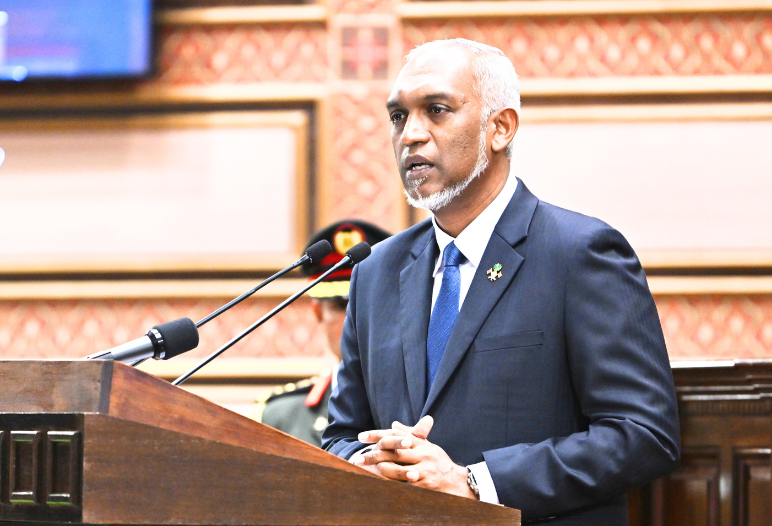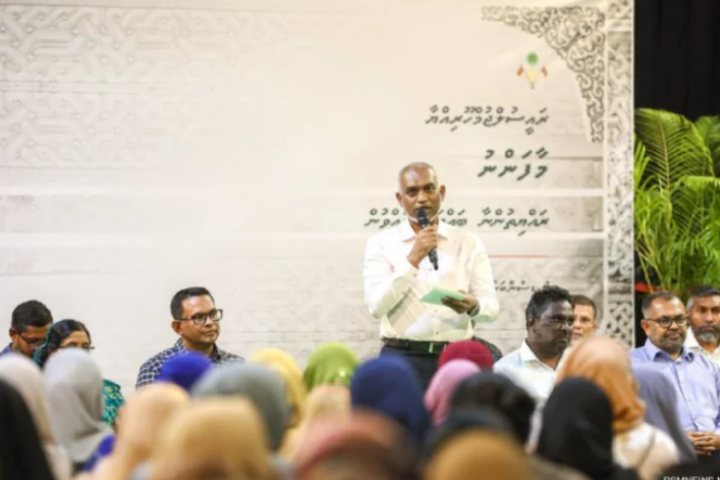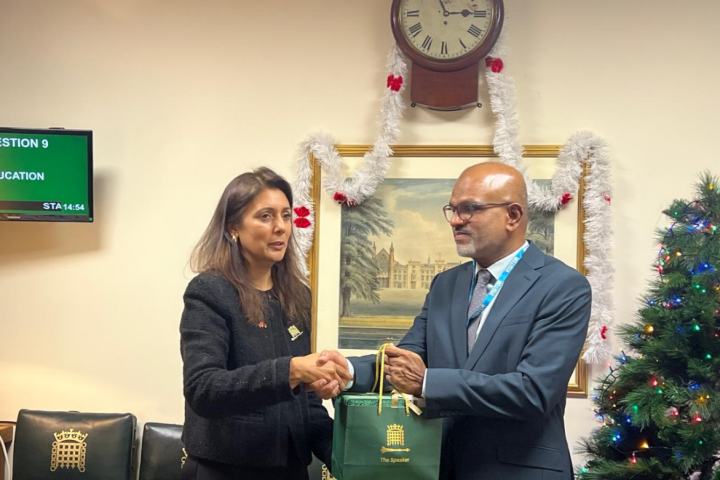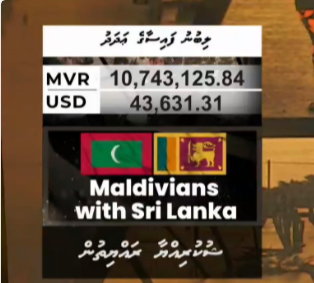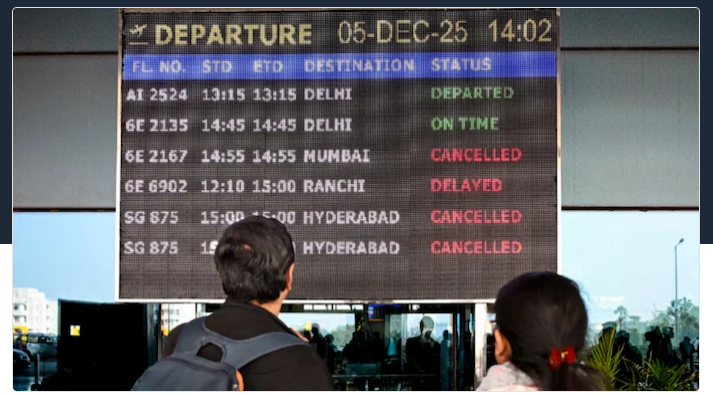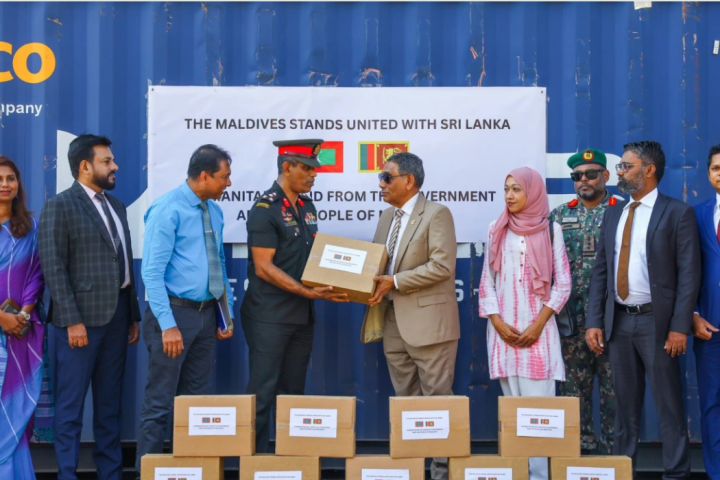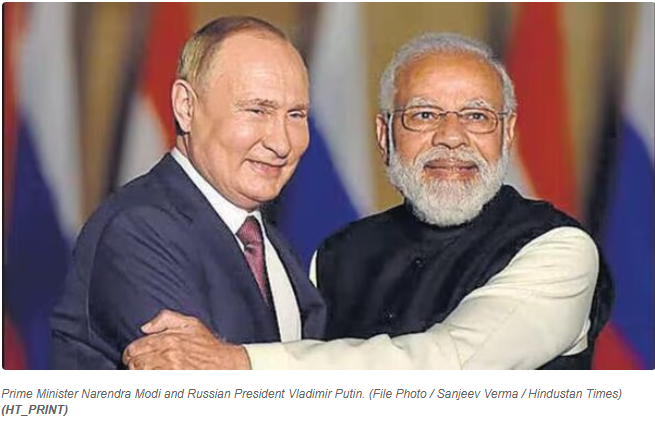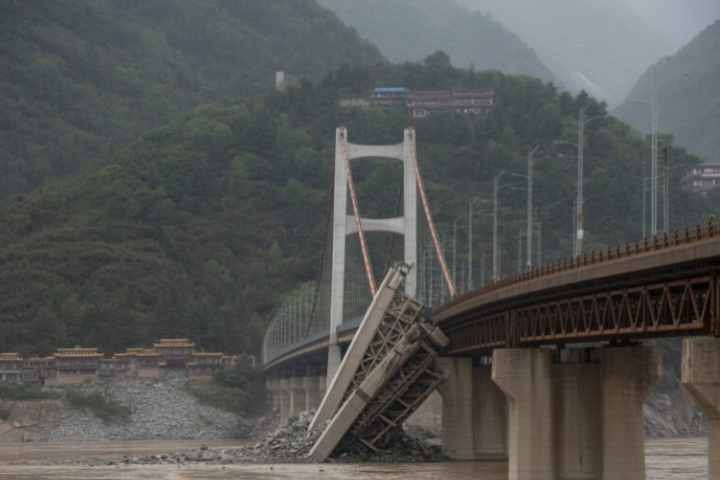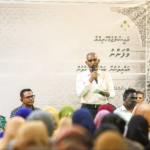In a highly anticipated presidential address to the Majlis, President Dr. Muizzu delivered what many are calling an unprecedentedly honest and comprehensive overview of the country’s economic, financial, and social landscape. However, reactions from prominent figures vary widely, with some lauding the President’s vision while others express skepticism about the feasibility of his plans.
Moosa Zameer, the Foreign Minister, praised the President’s candor and optimism, describing the speech on X as “unprecedentedly honest” and “comprehensive.” He expressed hope in the bright future outlined by the President, emphasizing the potential impact on every Maldivian. Abdulla Rasheed, a respected lawyer and former Secretary General of the Anti-corruption Commission, echoed Zameer’s sentiments, calling the address “impressive” and highlighting its visionary policies. Despite acknowledging the somewhat flowery writing style, Rasheed expressed confidence in the deliverability of the outlined initiatives, citing President Muizzu’s first term as ample opportunity for implementation.
Abdulla Rasheed, a respected lawyer and former Secretary General of the Anti-corruption Commission, echoed Zameer’s sentiments, calling the address “impressive” and highlighting its visionary policies. Despite acknowledging the somewhat flowery writing style, Rasheed expressed confidence in the deliverability of the outlined initiatives, citing President Muizzu’s first term as ample opportunity for implementation.
Captain Ahmed Maumoon of Life Support, however, struck a more cautious tone, expressing relief at the President’s attention to fiscal policy but voicing concern over the feasibility of certain proposed projects. While appreciating the President’s acknowledgment of critical issues such as fiscal policy and subsidies, Maumoon questioned the practicality of implementation, leaving the lingering question of delivery unanswered.
Seasoned journalist Imad Latheef offered a nuanced perspective, commending the content of the address as visionary but noting omissions such as the Rasmale’ metro tunnel. Latheef emphasized the evolving nature of presidential addresses, suggesting that they need not conform to a singular mold.
While many voices were heard, some notable figures approached by TruthMV opted not to voice their opinions publicly. Instead, they chose to share their views privately, reflecting the sensitivity surrounding the topic.
On social media platforms, reactions were mixed, with some expressing support for the President’s address and others voicing criticism. Opposition politicians, for their part, offered notably unfavorable reactions, citing their own reasons.
However, amidst the varied responses, concerns emerged regarding the President’s silence on prevalent issues such as drug abuse and the light touch on extremism and terrorism. These concerns underscore the complexities facing the nation and highlight the need for comprehensive strategies to address pressing societal challenges.
As the country navigates the implications of President Muizzu’s first presidential address, the divergent perspectives reflect a nation grappling with both hope and skepticism, eagerly anticipating tangible progress while mindful of the obstacles ahead.
